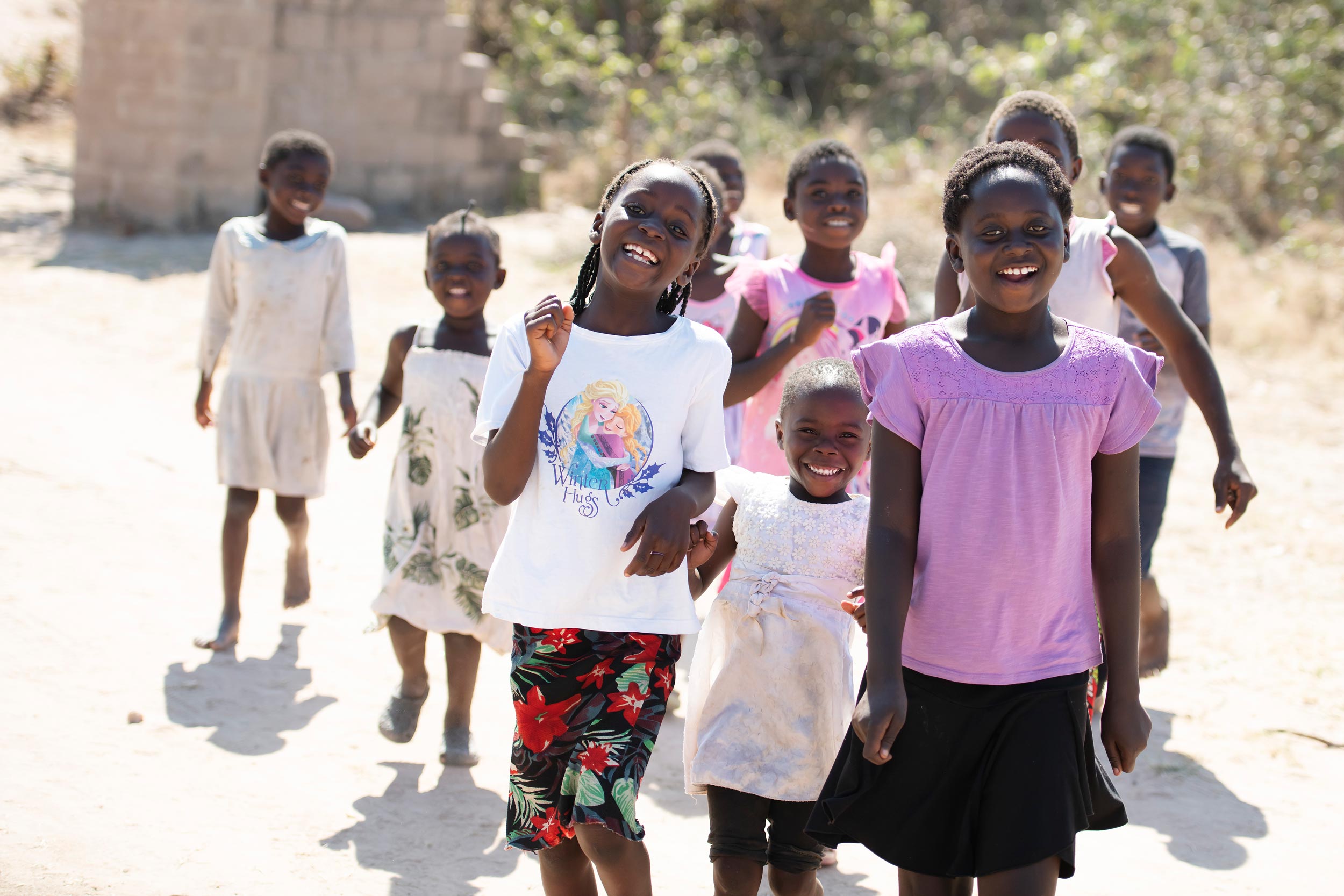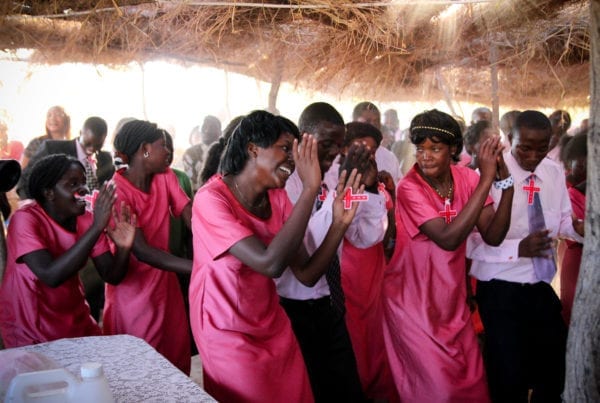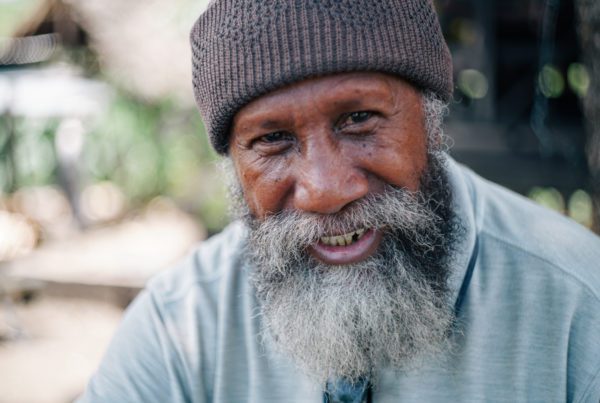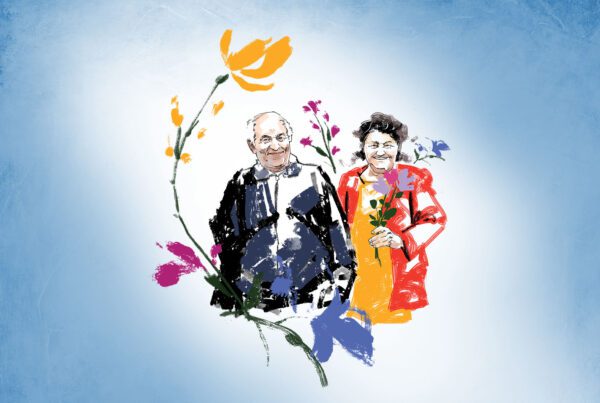I had been to the Gwembe Valley of Zambia before, but this time, I was trying to answer a question: Could the Good News really bring hope to a place like this? If the stories I had heard about our ministry there were true, the answer would be “yes.” But if so — how?
Two weeks before my arrival, an Every Home volunteer — a local Tonga believer — visited a small village with the Good News. He told a few residents about Jesus, and the response was overwhelmingly positive. With the permission of the local headman, a small group of believers was formed in the village.
I now walked into the same area alongside a local Every Home leader named Albert. (Albert is our ministry director for all of Zambia.) Looking into the eyes of surprised locals, I wondered what I could possibly say to these people about Jesus.
I felt awkward, a clear outsider. On top of that, I felt like I had walked into another world. Here, everyone was united by a struggle to survive. In a place like this, suffering was all-consuming. Flesh, blood, and soul were united in a single plight, groaning for hope. The concerns that typically weigh on my mind suddenly felt meaningless.
Walking through the trees, we saw a man sitting under the shade of a wooden canopy. He was asleep. As we approached, the man opened his eyes. Albert greeted him with a warm smile. Albert has visited countless villages like this and conversed with thousands of surprised villagers, but I didn’t know what to expect.
I was anxious to see this man’s response to Albert. Would he be harsh? Would he reject what we said? Would we be “too religious” for him? My American fears were screaming, but I quickly realized I was in a different world. The things that obscure the Good News in the West simply aren’t at play in the Gwembe Valley.
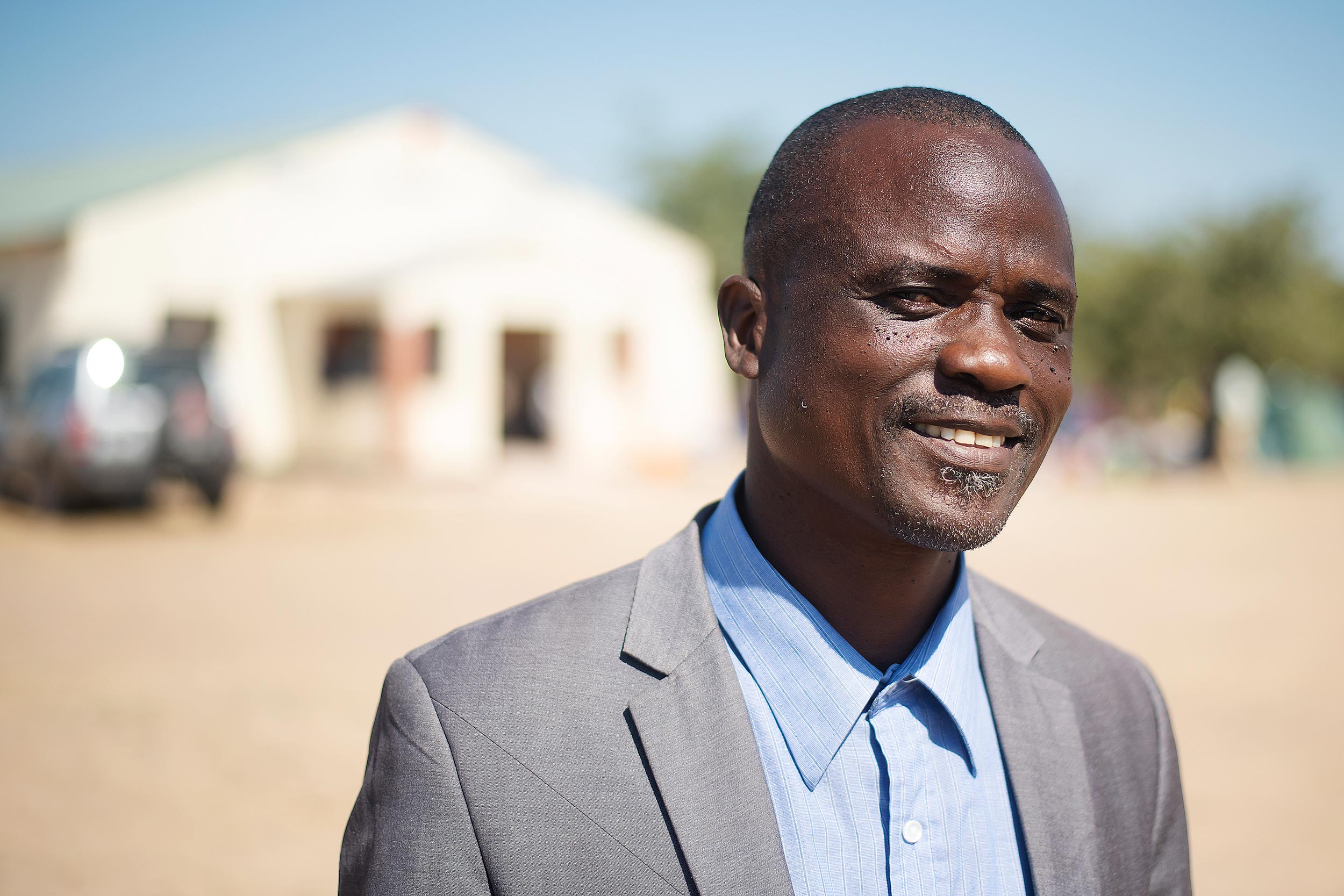
Every Home’s ministry director for Zambia, Albert.
The man, awake from his nap, invited us to sit beside him in the dirt. His name was Mec. His clothes looked well worn, and his shoes were filled with holes.
I listened to Albert converse with Mec in the local language. I couldn’t understand, but I could observe their facial expressions. Albert’s face was full of intensity and open-hearted kindness as he talked about the value of every soul. He held a booklet in his hands. As he explained how Christ’s love gives dignity to each and every person, Albert pointed to words in the booklet. He looked confident, and his tone was that of someone who regularly shares this message.
Mec listened attentively. He was captivated by Albert’s words. Within a few moments, I could see tears rolling down his face.
I interrupted Albert and asked him what was happening. Albert turned to face me, looked at me with a coy smile, and said Mec wanted to know Jesus. He wanted to know the value of his soul.
“...Mec wanted to know Jesus. He wanted to know the value of his soul.”
I was caught off guard. There was no argument here. No apologetics set forth precisely. No hostility. No church. No celebrity preacher. No altar-call. No props or lights. No gimmicks. And yet, the place felt sacred. In this moment, there was just the Good News, shared from one local person to another, and a soul ready to receive hope.
I was a witness to the fact that the Good News is still good news. I saw its goodness in Mec’s tears and in the hope that flooded his soul.
Today, all around the world, Every Home teams are encountering people just like Mec. At this moment, people are sharing hope with others through our global fellowship. The Good News is still good, and it fills our souls with hope.
Every time you partner with us, you extend the reach of hope to one more soul, one more person, through the message of the Good News. And that’s how we make sure every person, everywhere on earth — even in overlooked places like the Gwembe Valley — has a chance to encounter Jesus.

